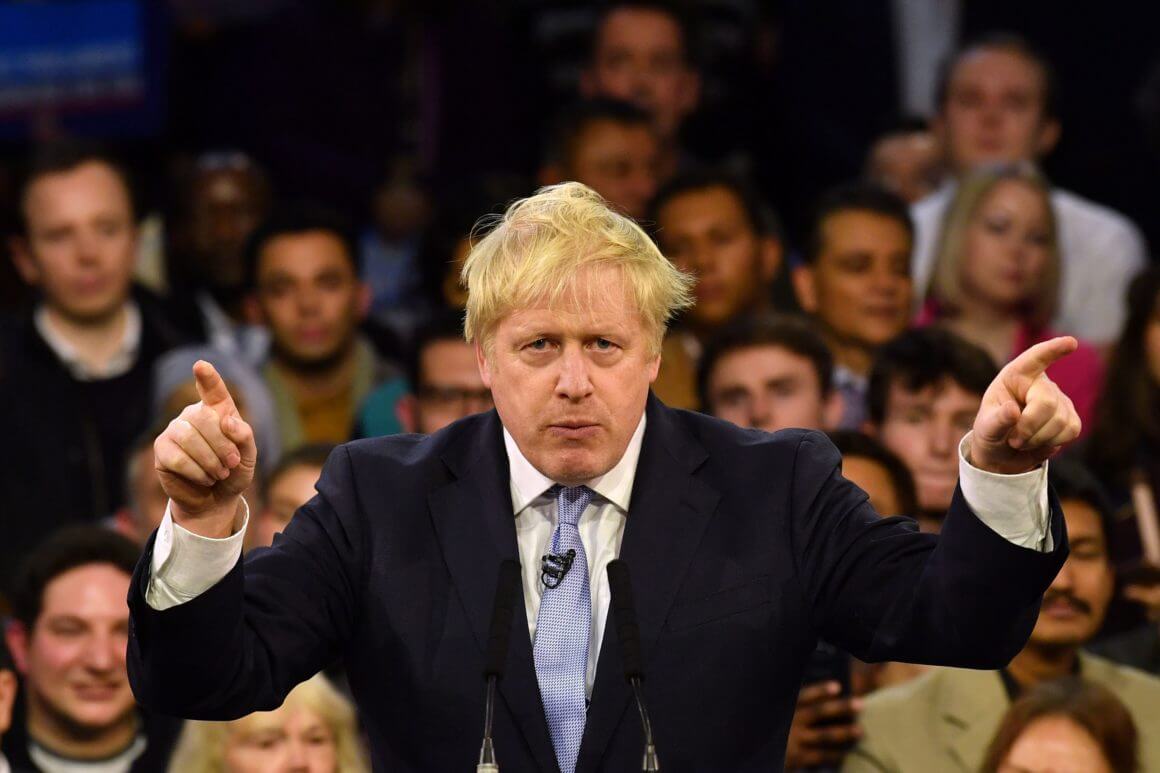After months of gruelling negotiations, the United Kingdom (UK) and the European Union (EU) have finally achieved a breakthrough and agreed on a post-Brexit trade deal, averting the prospect of chaos and economic turmoil at the end of this year.
The agreement, which has come just one week before the UK’s exit from the bloc’s single market and customs union, will ensure that the two sides can continue to trade in goods without tariffs or quotas after Britain fully withdraws from the EU on New Year’s Day.
“It was a long and winding road, but we have got a good deal to show for it. It is fair, it is a balanced deal, and it is the right and responsible thing to do for both sides,” said Ursula von der Leyen, the president of the European Commission, the bloc’s executive arm. “This moment marks the end of a long voyage.”
The deal still needs to be ratified by the UK and EU parliaments, with a vote in Westminster scheduled for Wednesday. The EU ratification process, however, is much more complicated, with the deal first having to be signed off on by all 27 member-states before being sent to the parliament for approval – a challenge made even more difficult by the holiday period and a second wave of COVID-19 infections. Luckily EU law does include a provision for agreements to be provisionally approved by its 27 member states, without its parliament’s consent.
If approved by both sides, the deal would come into effect on January 1, four and a half years after Britons voted by a narrow majority (52%-48%) to leave the EU and “take back control” of the UK’s borders and laws.
British Prime Minister Boris Johnson doubled down on this message and triumphantly announced in a statement: “Everything that the British public was promised during the 2016 referendum and in the general election last year is delivered by this deal…We’ve taken back control of our laws and our destiny.” Hailing the agreement as one that will “protect jobs across the country,” he said that that now, for the first time since 1973, Britain “will be an independent coastal nation with control of our own waters.”
Three main issues were at the heart of the tense and often testy negotiations in the final weeks: fair-competition rules (i.e. the nature and extent of state aid support that the government can give to businesses), mechanisms for resolving future disputes, and fishing rights.
Under the terms of the deal, the EU has achieved a “level playing field”, meaning neither side can undercut the other with subsidies or similar. However, PM Johnson said that the two sides will act as “sovereign equals” and could impose tariffs in case of any undercutting. With regards to fishing – which was the major sticking point during talks – the parties agreed on a five-and-a-half-year transition period during which EU vessels will have access to UK waters. Negotiations on fishing quotas will continue on an annual basis after that.
Thursday’s announcement is a welcome development for businesses in the UK and Europe and has put an end to more than four years of economic uncertainty. Von der Leyen expressed her “quiet satisfaction” and “relief” about having reached a deal but noted that it was bittersweet. “I know this is a difficult day for some, and to our friends in the U.K. I want to say parting is such sweet sorrow,” she added. Other EU leaders also reacted to the deal, saying they would now carefully study the draft texts and work on building new relationships with Britain. The pound strengthened 1.1% to $1.3501 after early murmurs of a breakthrough on Wednesday evening.
UK and EU Announce Post-Brexit Trade Deal
The agreement comes just one week before the UK’s exit from the bloc’s single market and customs union.
December 25, 2020

British PM Boris Johnson. SOURCE: POLITICO
